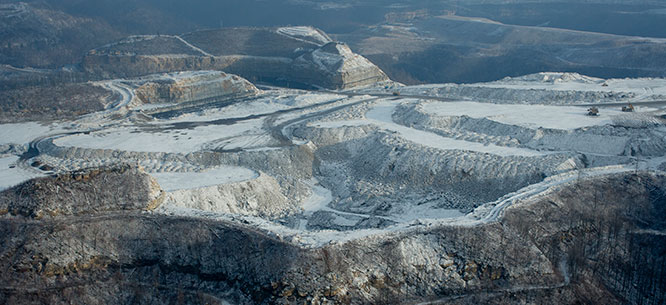After the Civil War, a new form of slavery took hold in the U.S. and lasted more than 60 years. Associated Press reporters Margie Mason and Robin McDowell investigate the chilling history of how Southern states imprisoned mainly Black men, often for minor crimes, and then leased them out to private companies – for years, even decades, at a time. The team talks with the descendant of a man imprisoned in the Lone Rock stockade in Tennessee nearly 140 years ago, where people as young as 12 worked under inhumane conditions in coal mines and inferno-like ovens used to produce iron. This system of forced prison labor enriched the Tennessee Coal, Iron & Railroad Co. – at the cost of prisoners’ lives.
At the state park that sits on the former site of the Lone Rock stockade, relics from the hellish prison are buried beneath the soil. Archeologist Camille Westmont has found thousands of artifacts, such as utensils and the plates prisoners ate off. She has also created a database listing the names of those sent to Lone Rock. A team of volunteers are helping her, including a woman reckoning with her own ancestor’s involvement in this corrupt system and the wealth her family benefited from.
The United States Steel Corp. helped build bridges, railroads and towering skyscrapers across America. But the company also relied on forced prison labor. After U.S. Steel took over Tennessee Coal, Iron & Railroad in 1907, the industrial giant used prison labor for at least five more years. During that time, more than 100 men died while working in its massive coal mining operation in Alabama. U.S. Steel has misrepresented this dark chapter of its history. And it has never apologized for its use of forced labor or the lives lost. The reporters push the company to answer questions about its past and engage with communities near the former mines.
This is an update of an episode that originally aired in September 2022.
This post was originally published on Reveal.
